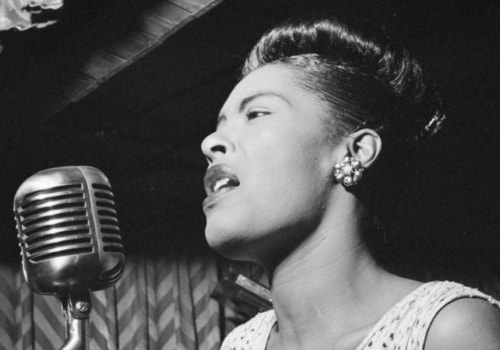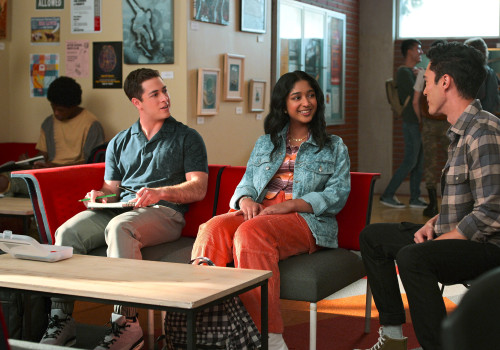Miles Davis, the trumpet player whose lyrical interpretation and ever-changing style made him a touchstone of 20th century music, has been voted the best jazz artist of all time. A trumpet player and bandleader from East St. Louis, Illinois, Miles Davis is without a doubt the most influential jazz musician of all time. Renowned for his ability to play ballads with a disturbing and bittersweet lyricism, Miles' career was characterized by a tireless search for innovation and musical change.
He began his career in the mid-1940s playing bebop with Charlie Parker, but ended up venturing into hip-hop with the album Doo-Bop. In between, he explored a variety of styles; from cool jazz and hard bop to modal jazz, which produced his iconic LP Kind Of Blue, free bop and electric jazz rock; the latter was personified by his influential 1970 album Bitches Brew, which ignited the fusion movement that dominated jazz in the early 70s. Jazz music is an art form that has been around for centuries, but it wasn't until the early 20th century that it began to take shape as we know it today. It started in New Orleans as dance music, but it was creative musicians such as Louis Armstrong, Charlie Parker, Miles Davis and Duke Ellington who helped propel jazz into a wide variety of popular musical styles.
Louis Armstrong, also known as “Satchmo”, was born in 1901 in New Orleans and raised by his grandmother in one of the poorest areas of the city. Charlie Parker, nicknamed “Bird” or “Yardbird”, was an American jazz saxophonist who moved to New York in 1939 to pursue music. Miles Davis is an iconic figure in jazz history who left Juilliard School in 1944 to play with Charlie Parker's group. John Coltrane helped establish modal harmonies in jazz music and directed many recording sessions that are now classic records in jazz recording literature.
Wynton Marsalis is a famous name in the trumpet world who is best known for his jazz music but has also released high-level classic albums. Ella Fitzgerald was a legendary female jazz singer who people deservedly call the “Queen of Jazz” and was born in California in 1920. Duke Ellington was born in Washington D. C. in 1899 and became famous for leading great jazz bands and orchestras.
One of his best-known pieces of music was “It Don't Mean a Thing (If It Ain't Got That Swing).” Thelonious Monk was an American jazz composer and pianist who became famous for hits such as “In Your Own Sweet Way”, Take Five and “Unsquare Dance”; the success of that album, “Take Five”, which is in the unusual beat of 5 beats per measure, is the best-selling jazz-single of all time. Dizzy Gillespie was a trumpet player, singer, songwriter, bandleader and educator who had an iconic look of big cheeks swelling as he played his trumpet. Billie Holiday was born in Philadelphia in 1915 and moved to Harlem when she was a teenager to start singing in nightclubs. She collaborated with pianist Teddy Wilson and became well known for her ability to improvise deeply and emotionally. Chet Baker was equally skilled at singing and playing the trumpet and had the nickname “prince of cool” due to his influence on the cool jazz movement.
After leaving the army in 1951 he began to dedicate himself to music and played many concerts with Charlie Parker. Count Basie was born in New Jersey in 1904 and moved to Harlem in the 1920s to be closer to some of the best jazz performers of the time. He conducted his orchestra for more than 50 years and helped start many younger careers in the process. Mary Lou Williams was musically gifted from an early age; she began learning piano at age 3 and by her teens she was playing in theaters with musicians like Duke Ellington. Ray Brown was a legendary jazz double bass player who regularly played with jazz icons Oscar Peterson and Ella Fitzgerald after becoming known in the Pittsburgh jazz community.Jimmy Johnson established himself more as a soloist by leading small jazz combos across the country after playing with many different groups in the 1950s.
Benny Goodman is credited with helping jazz become a popular genre that is respected as legitimate music in the United States after one concert he conducted at Carnegie Hall.



